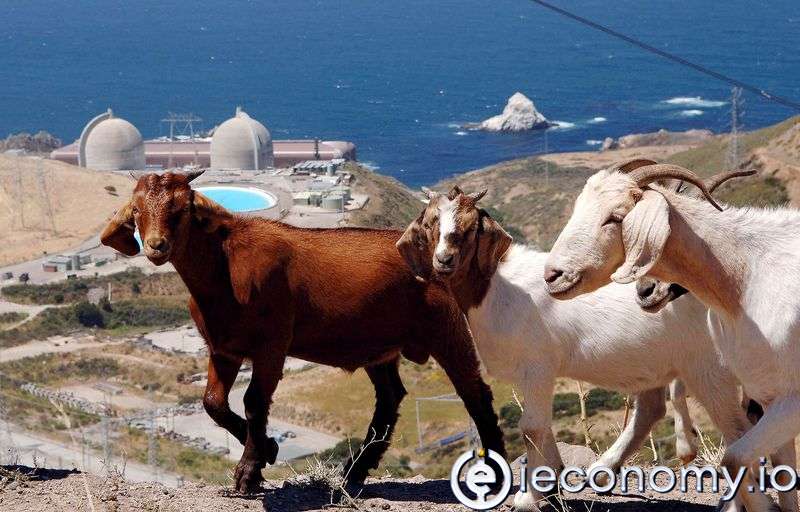7062
0
California lawmakers vote to keep the state's only nuclear power plant running
California lawmakers on Thursday passed a bill approving a $1.4 billion state loan to extend the life of the state's only nuclear...

Yazar: Charles Porter
Yayınlanma: 1 Eylül 2022 20:38
Güncellenme: 3 Mart 2026 04:20
California lawmakers vote to keep the state's only nuclear power plant running
California lawmakers on Thursday passed a bill approving a $1.4 billion state loan to extend the life of the state's only nuclear power plant in a bid to improve electricity reliability.
The bill, backed by Governor Gavin Newsom but opposed by some environmental groups, would reverse the state's 2016 decision to retire the PG&E (NYSE:PCG) Corp-owned Diablo Canyon plant by 2025. If signed by Newsom, the legislation would delay Diablo Canyon's retirement by five years to 2030 and exempt some state agencies from complying with certain environmental laws to extend the deadline. The bill easily won the support of two-thirds of lawmakers needed to pass. California wants to generate all of its electricity from clean sources by 2045, but has faced challenges in that transition, such as blackouts during a summer heat wave in 2020. Nuclear power, which emits no climate-warming emissions, accounts for about 9% of the state's electricity and almost a fifth of its carbon-free power. The bill's passage was applauded by Carbon Free California, a group that wants to keep the plant open. "By protecting carbon-free power generation at Diablo Canyon through 2030 and developing bold policies to expand renewable energy sources, California is solidifying its place as a global leader in the fight against climate change," the group said. Some environmental groups had argued that the plant posed a safety threat, would be too expensive to continue operating and should be replaced with renewable energy as soon as possible. "We don't need this potentially dangerous power source when there is unstoppable momentum toward a state powered 100% by clean, safe and renewable energy," Laura Deehan, State Director of Environment California, said in an emailed statement. The bill was introduced days before the end of the state's legislative session at the behest of Newsom, who wants PG&E to apply for new federal funds for nuclear power plants by September 6. PG&E cannot apply for funding without a change in state law allowing the plant to be extended. California has said the federal government is expected to cover most or all of the cost of the $1.4 billion loan. Follow Global Economic Developments on Social Media! Click here to follow Ieconomy official Facebook account! Click here to follow Ieconomy official Instagram account! Click here to follow Ieconomy official Twitter account!İLGİLİ HABERLER





European stocks soared and focus shifted to German retail sales after Powell's speech!

Forex Signal For TRY/USD: Inflation Slowdown in November.

Forex Signal For GBP/USD: Bullish Trend Still Not Breaking While Recovery Continues.

Forex Signal For EUR/USD: Starry US Data Points to Higher Fed Increases.

Forex Signal For BTC/USD: Downside Continues as Bitcoin Recovery Moves Less.
En Popüler Haberler
Yorum Yap
Yorumlar
Henüz yorum yapan yok! İlk yorumu siz yapın...